The Burundian Senate has raised concerns over potential biases in the allocation of scholarships for students studying abroad, urging the Ministry of Education and Scientific Research to prioritize merit and academic performance in the selection process. During a session on Tuesday, senators expressed fears that scholarships might disproportionately favor children of influential figures, sidelining deserving students from less privileged backgrounds.
“It is essential to ensure there is no injustice in awarding scholarships,” said the Speaker of Burundi’s Senate Emmanuel Sinzohagera. “Selections should be based on academic performance, not on favoritism, as favoring the children of prominent figures will not lead the country anywhere.”
Minister of Education and Scientific Research François Havyarimana responded to these concerns, emphasizing the government’s commitment to transparency. He revealed that, in response to complaints about regional exclusions, the Ministry had submitted a list of scholarship recipients—including their names, parents’ names, and provinces of origin—to the Prime Minister’s office to demonstrate how the process was conducted.
The Minister explained that a minimum grade of 70% is required for eligibility. However, he acknowledged the limitations of relying solely on grades, pointing out disparities in learning conditions across the country. “For instance, a student from a rural area who studies under a single kerosene lamp and scores 70% demonstrates exceptional intelligence and perseverance compared to my child, who benefits from better learning conditions and scores 75%,” said Havyarimana. “If both were evaluated together, I am confident the rural student would shine brighter.”
While respecting senators’ concerns, the Minister noted that applying a purely merit-based approach would only be fair if the government could first provide equal learning conditions for all students nationwide. He also highlighted the importance of considering regional equity alongside academic excellence to ensure fairness in the distribution of opportunities.
On a separate but related issue, senators raised questions about the plight of Burundian students sent to study in Algeria. These students were informed beforehand that the government would only cover their airfare. However, upon arrival, they began requesting additional financial support for living expenses, which the government had not budgeted for.
Minister Havyarimana clarified the process, stating that scholarships offered by partner countries are announced through radio and online platforms, with specific conditions outlined. Some scholarships require contributions from the Burundian government, such as airfare or supplemental living allowances, while others cover all student needs.
“In cases where the government is expected to contribute, we do so as needed. However, when funds are exhausted, we clearly state that no additional support will be provided, allowing applicants to make informed decisions,” the Minister explained.
Regarding the students in Algeria, he emphasized that they had left knowing the government would not provide supplemental allowances. “We understand that some students may genuinely need additional support, but they must remember the terms they agreed to before departure and refrain from requesting funds that were not part of the agreement,” he added.
Despite the Minister’s stance, some senators urged the government to explore ways to support the students, emphasizing the importance of ensuring that they do not fail due to financial constraints.

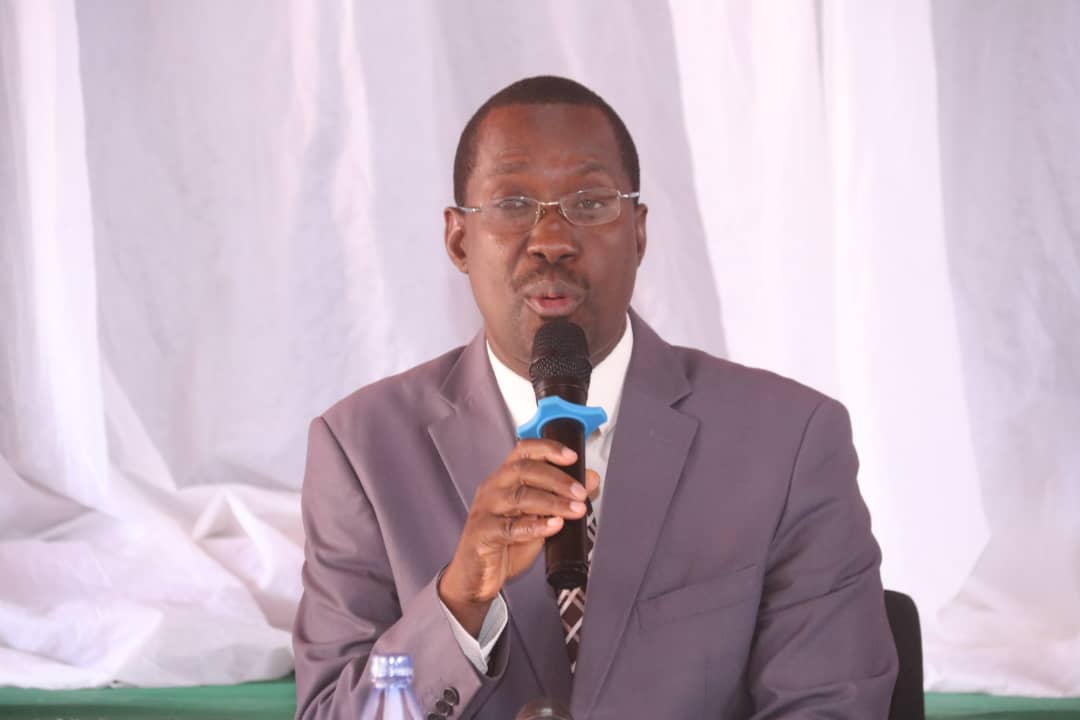
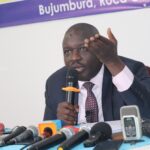

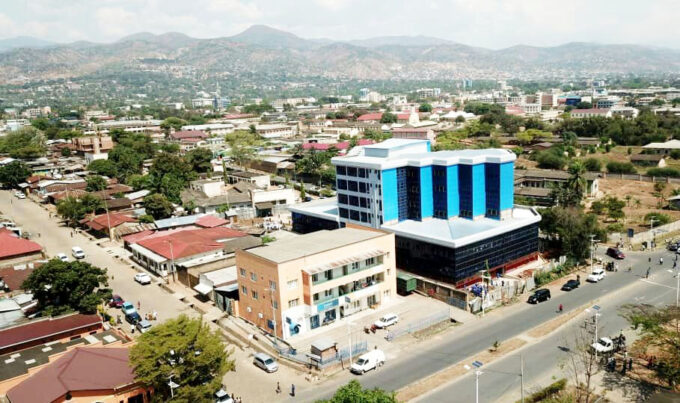
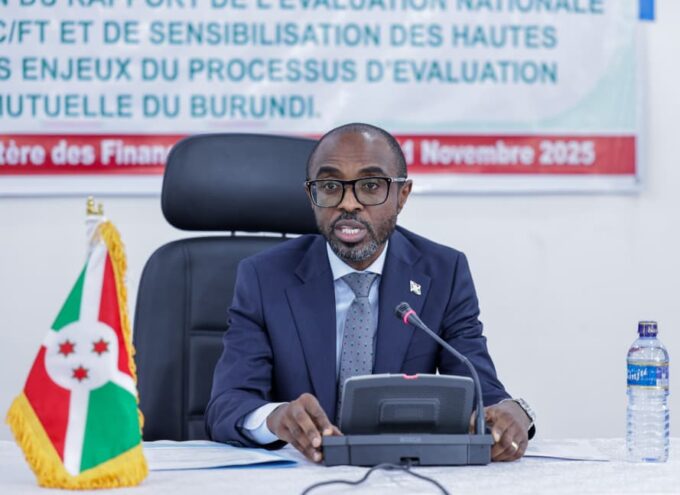
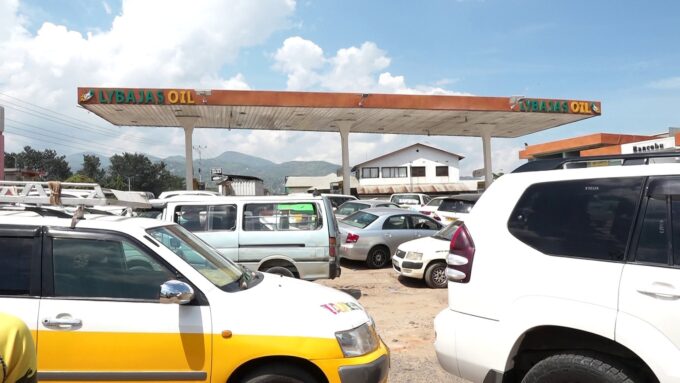
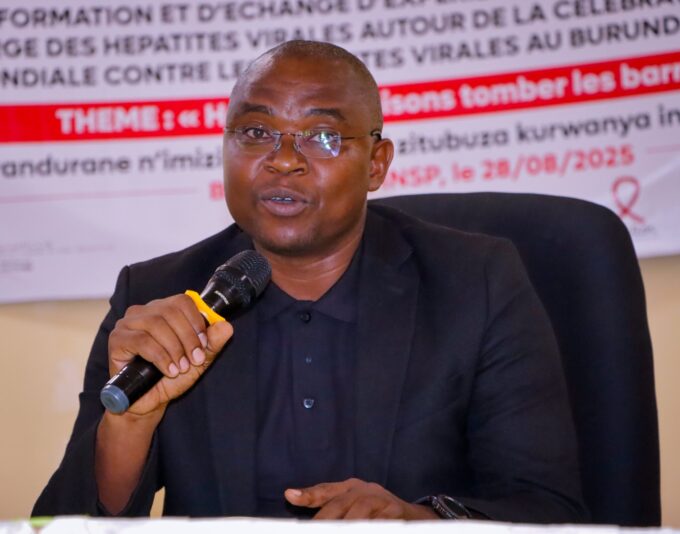
Leave a comment